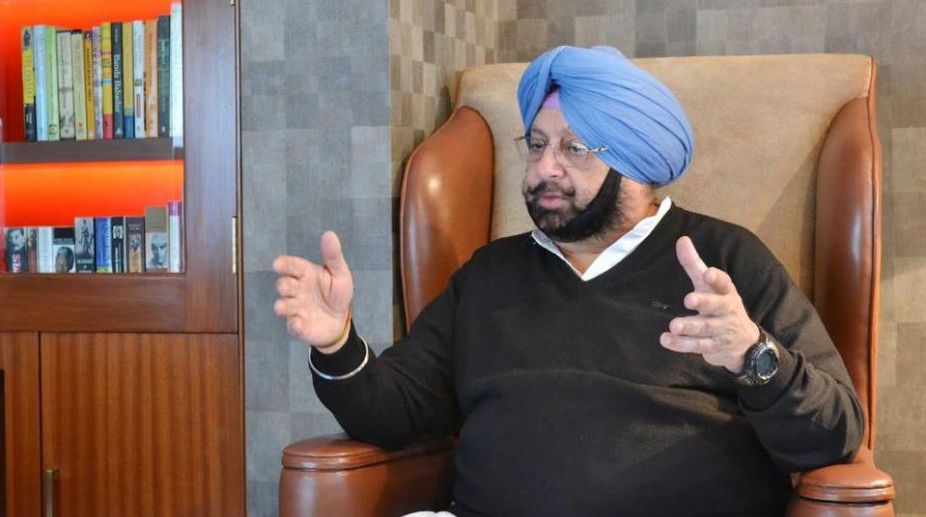In order to deal with the problem of paddy straw burning in Punjab, the state government on Monday decided to set up bio-gas and bio-Compressed Natural Gas (CNG) plants.
A Memorandum of Understanding (MoU) in this regard was signed by the Punjab government with the Indian Oil Corporation Limited (IOCL) to find sustainable solutions to paddy straw burning. An official spokesperson of the government said, the MoU with IOCL was signed by the Punjab Bureau of Industrial Promotion (PBIP) and Punjab Energy Development Agency (PEDA), in the presence of the Chief Minister (CM) Amarinder Singh. It will facilitate regulatory clearances and incentives by the state government and will be followed up with a separate technical co-operation MoU between the public sector undertaking and PEDA, added the spokesperson.
Advertisement
It was also added that the plants to be based on a new concept and technology will be set up at a total investment of Rs 5,000 Crore and will generate employment for around 4,000 people. The project will be initiated with 42 plants becoming operational in 2018, probably before the paddy season, added the spokesperson. It will be scaled up to 400 plants over the next three to four years, making it the one of the biggest such projects in the country, added the spokesperson.
It is estimated that 400 units will consume biomass of about 10 million tonnes per annum and will produce about 1,400 million kilogram (kg) per annum CNG and 6,000 million kg per annum manure. The IOC Chief General Manager (CGM) Subodh Kumar underlined the viability of the project, which was expected to generate 18 to 20 per cent people profits.
By converting bio-mass to compressed bio-gas and bio-CNG, the plants will take help curb the menace of stubble burning and create additional income to farmers. The project will also create rural employment and entrepreneurial opportunities, besides providing a green organic source of compost for soil enrichment.
The state government will facilitate identification of land parcels in various locations of the state for setting up the plants, and also ensure incentives and benefits as applicable for such plants under the State Industrial and Business Development Policy-2017 and the state New and Renewable Sources of Energy (NRSE) Policy – 2012, added the spokesperson.
According to IOC officials, the technology requires no or negligible energy input and nutrient requirements. It requires a smaller footprint area compared to composting and the entire process takes place in a closed vessel system, thus causing no greenhouse emissions and no problem of odour and birds or rodents. The process is also cost-effective due to the current fuel or electricity prices.









